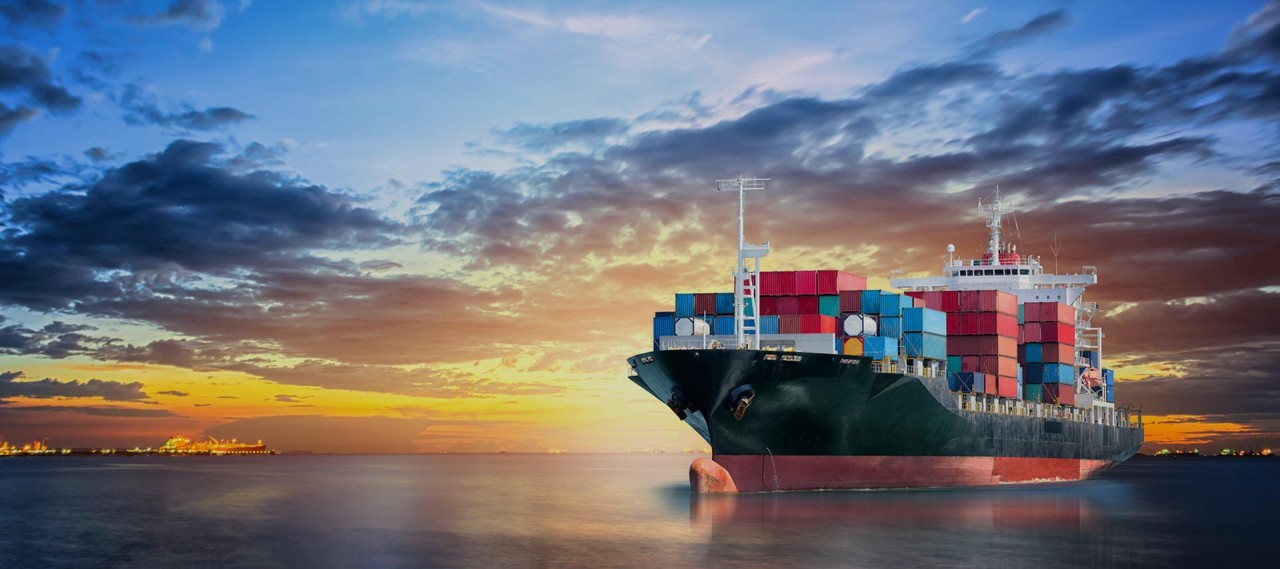Choosing the right shipping method can significantly impact your business’s profitability and operational efficiency. For companies importing goods, understanding shipping options like DDP Shipping is crucial. This blog will help you decide if DDP Shipping suits your business needs by explaining its features, benefits, drawbacks, and practical considerations.
What Is DDP Shipping?
DDP or Delivered Duty Paid is an international shipping term where the seller takes full responsibility for shipping, customs clearance, duties, and taxes until the goods reach the buyer’s doorstep. Unlike terms such as FOB or CIF, where the buyer handles some customs or shipping stages, DDP puts all those burdens on the seller.
For example, if you import from China to Pakistan using DDP Shipping, the seller manages export procedures in China, shipping logistics, customs duties in Pakistan, and final delivery. This means you, the buyer, get your products delivered without handling import processes yourself.
Key Features of DDP Shipping
- The seller pays all customs duties, taxes, and import fees.
- Minimal involvement of the buyer in shipping and clearance.
- Door-to-door service simplifies the import process.
- Predictable timing and costs reduce surprises.
This makes DDP Shipping especially attractive for businesses aiming for hassle-free imports.
Advantages of DDP Shipping for Businesses
DDP Shipping offers multiple benefits:
- Simplified Logistics: The seller manages all shipping complexities, which is ideal if you lack a logistics team.
- Better Cost Control: Upfront fixed costs mean no unexpected customs fees.
- Faster Customs Clearance: Sellers’ experience helps reduce delays.
- Improved Customer Experience: Particularly good for eCommerce businesses that prioritize smooth order fulfillment.
- Perfect for SMEs: Small and medium enterprises benefit from outsourcing logistics burdens.
If your business is small, new to importing from China to Pakistan, or you want to avoid the hassle of dealing with customs, DDP Shipping might be a great fit.
Potential Drawbacks of DDP Shipping
However, DDP Shipping is not without challenges:
- Higher Overall Cost: Sellers include all fees and risks, which can make the price higher.
- Less Control: Buyers have limited visibility into the shipping process.
- Customs Risks: If sellers misdeclare goods, you face delays or penalties.
- Limited Suitability: Not ideal for large shipments or high-value cargo.
- Legal Risks: In some countries, foreign sellers aren’t legally allowed to act as importers.
Understand these downsides before committing to DDP Shipping for your cargo services.
How to Determine if DDP Shipping Fits Your Business
1. Evaluate Your Business Model
Are you running an eCommerce store or regularly importing bulk goods? DDP suits businesses prioritizing customer experience with smaller, more frequent shipments, while bulk importers might consider alternatives.
2. Consider Your Shipping Volume and Product Value
DDP Shipping works better for small-to-medium volumes where cost predictability is crucial. Larger shipments might benefit from FOB or EXW terms to reduce costs.
3. Analyze Your Target Markets
Check if your destination country, such as Pakistan, permits DDP imports and assess local customs complexity. Understanding how China to Pakistan shipping regulations work can save headaches.
4. Assess Your Logistics Capabilities
If you lack an in-house customs or logistics team, DDP Shipping can simplify processes considerably. Otherwise, managing logistics yourself might be cheaper.
5. Compare Costs with Other Shipping Terms
Weigh DDP Shipping costs against FOB or EXW, factoring in duties, taxes, delays, and risks to find the best profit margin.
Common Scenarios Where DDP Shipping Works Best
- Small eCommerce businesses importing products from China.
- Companies selling directly to consumers (D2C).
- Businesses entering new markets with limited logistics setup.
- Dropshipping or Amazon FBA businesses needing hassle-free logistics.
Tips for Using DDP Shipping Successfully
- Work with a reliable logistics company experienced in DDP Shipping.
- Ensure clear communication and transparency in cost breakdowns.
- Verify your seller’s legal ability to handle DDP in the destination country.
- Track your shipments regularly using digital cargo services.
- Consider insurance to protect against loss or delay risks.
DDP Shipping vs. Other Shipping Methods: Quick Comparison Table
| Feature | DDP | FOB | CIF | EXW |
| Responsibility | Seller | Shared | Seller | Buyer |
| Customs & Duties | Seller | Buyer | Buyer | Buyer |
| Cost Transparency | High | Medium | Medium | Low |
| Ideal For | Small/Medium businesses | Experienced importers | Moderate volume shipments | Buyers with logistics setup |
Final Thoughts
DDP Shipping simplifies international trade, making it ideal for businesses that value convenience, cost predictability, and minimal logistics involvement. However, its higher costs and limited control mean it may not suit large or highly experienced importers.
Before choosing DDP Shipping, especially for importing from China to Pakistan, consult a trusted logistics company to analyze your business model and needs.
For expert guidance on DDP Shipping and comprehensive Pakistan cargo services, consider partnering with EB Logistics, a reliable choice for hassle-free air cargo services and seamless China to Pakistan shipping solutions.
